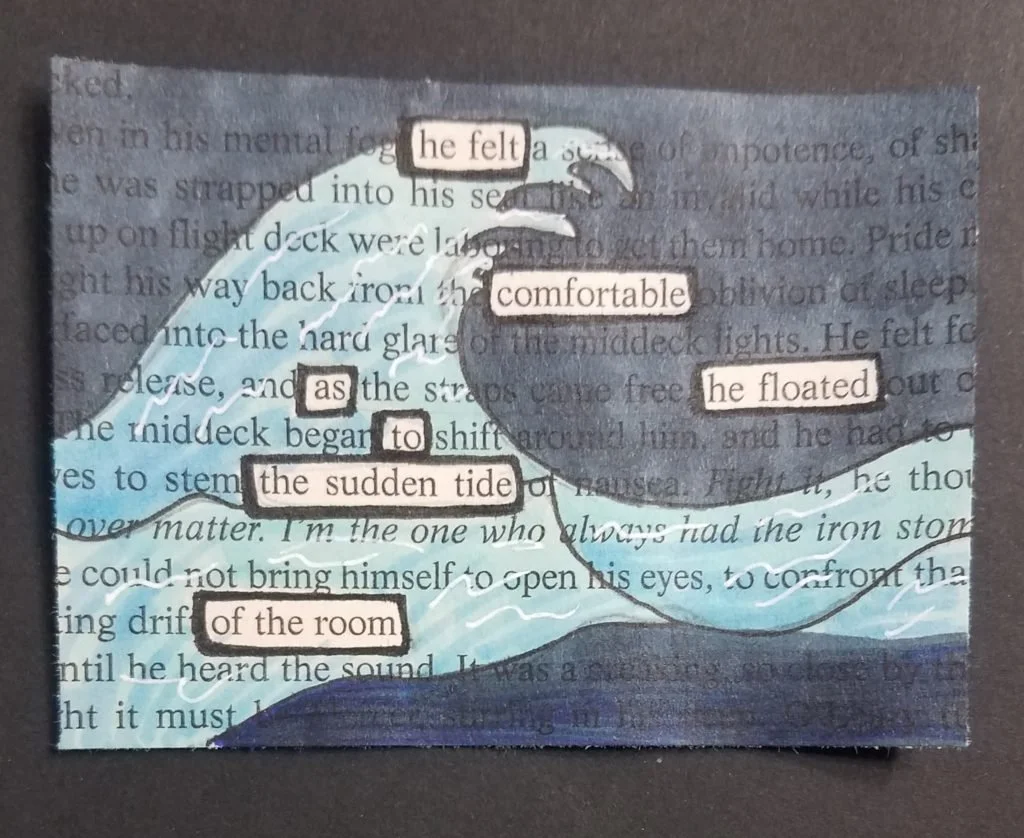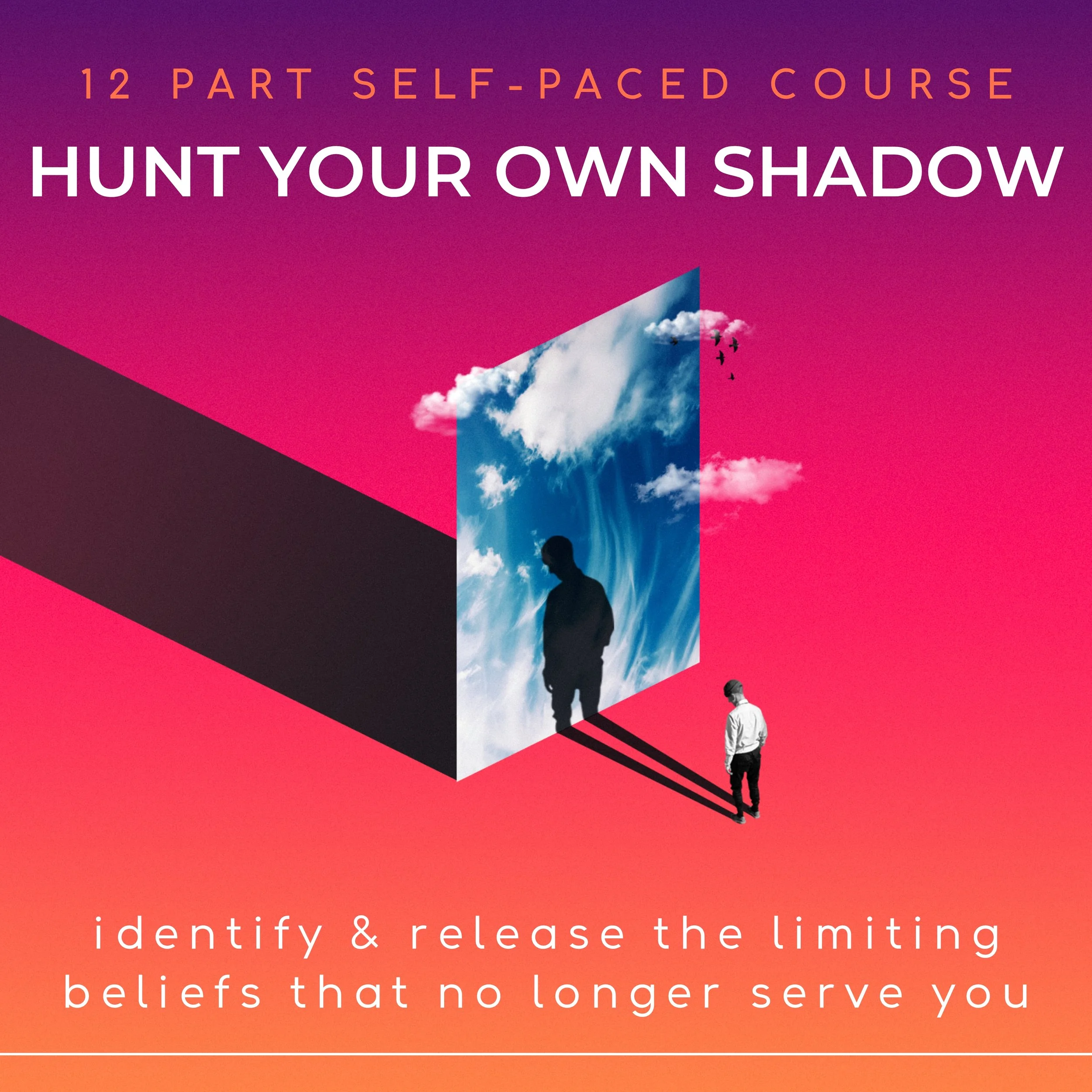What Is Evocative Poetry?
- A chapter from How To Write Evocative Poetry, out now in paperback, eBook, & audio -
Evocative poetry, like all good art moves people. It changes their emotional state – usually from neutral or mellow, towards any extreme. This change isn’t always in the positive direction. Good horror will terrify you, a masterful comedy will have you in hysterics, and any existential thriller worth its salt will leave you questioning the very nature of reality and the people within it.
With every poem I write, I aim to move emotions; at least my own, and ideally the reader’s. Else, what is the point? Why bother writing or sharing it? Why should I or anyone care? Of course, art is subjective, so not every poem will move every person in the same way, but you do know for certain when you have been moved. It’s the goosebumps and corresponding sense of awe and wonder. It’s a feeling of discovery, of witnessing the transformation of words on a page into something ethereal.
Like all art, poetry is subjective. Determining what makes something ‘good’ is like trying to pin down mercury; very challenging and likely to drive you insane. Nevertheless, some poems simply seem to pop. Mere words on a page magically transform into vivid, evocative imagery that moves us. It resonates with a core aspect of our soul, it opens new lines of contemplation, it shows us truths we never suspected to exist. Excitedly we show these revelatory poems to a friend, only to find ourselves stupefied by their lack of a response. For whatever reason, they didn’t connect, and the poem fell flat.
Practice Writing Your Own Evocative Poetry
Writing your own evocative poetry adds many more layers of complexity to the mix. You find yourself wanting to aptly express your inner world, searching for the perfect blend of symbolism, rhyme, and structure, only to find yourself coming up short. Perhaps you simply cannot get the words out of your mind and onto the page, or maybe you find yourself stuck in endless loops of revision, never quite happy with the final product. Perhaps you know that you are capable of ‘more’ or ‘better’ writing but are, as of yet, unable to produce. The point is, for whatever reason, you are not happy with your poetry and want to improve. If you then choose to share your work, the self-doubt, confusion, and fear of judgement will compound those feelings and potentially stifle your creativity altogether.
This book will help.
The truth is people like what they like. Their opinion of your work is not a judgement on you as a person – rather it is a subjective view of some words on a page, consumed in the moment. Their judgement is likely a product of their mental states, upbringing, genetics, life circumstances, current tastes, desires, and friendship groups. Notice how none of this has anything to do with you?
I feel your fears, I hear those questions reverberating up from the depths of the darkness, silently screaming, ‘What if I am judged? What if I am laughed at? What if someone thinks my work is childish, lame, or basic. What if no one reads it? Or worse still, what if everyone does?
The truth is they may. What some people will consider evocative poetry, others will consider subpar or worse. The only way to move towards the former over the latter is to keep writing.
If this post has resonated with you, I would love your support.
Read next:
So You Want To Sell Your Self-Published Poetry…
How To Write Poetry That Moves People
Not All Poetry Feedback Is Equal: Stop Taking Their Words Personally
Read another chapter from How To Write Evocative Poetry. Download a free copy here, or purchase as a Paperback, eBook, Hardcover or Audiobook.
Your shadow is the gateway to a more authentic you.
This course is your guide to profound inner work. Through powerful insights, guided prompts, and proven techniques, you'll navigate your shadow, heal unresolved wounds, and reintegrate the parts of yourself you’ve long ignored.
What’s Inside:
12 x Guided Meditation & Contemplations
12 x Introspective Prompts
12 x Expansion Challenges
A comprehensive instructional PDF guidebook
Unlimited email coaching for ongoing support and personalized guidance
Explore full course details and watch intro video here!
This isn’t just about healing, it’s about meeting your shadow head-on, embracing every part of yourself, and reclaiming your full power.
Are you ready to face what’s been hidden and step into your truth?

